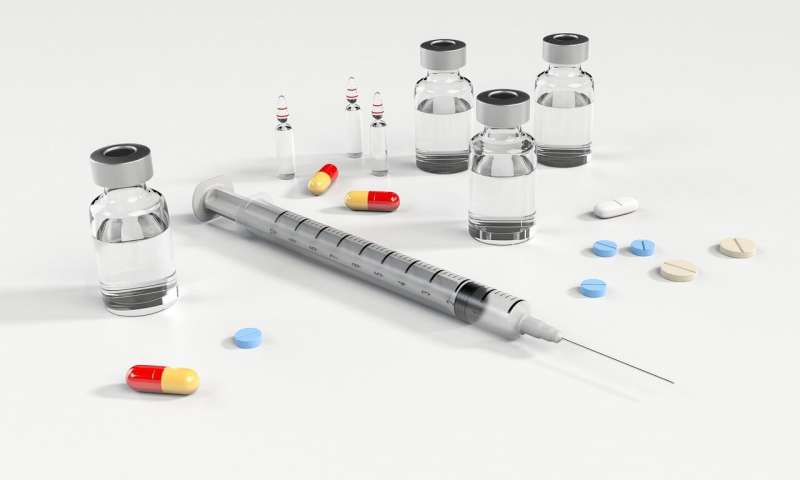Signaling molecules called EETs may improve treatment for insulin resistance

Analogs of signaling molecules called EETs may improve treatment of insulin resistance, a primary risk factor for development of Type 2 diabetes and cardiovascular disease, according to a new paper by researchers at Vanderbilt University Medical Center.
Ambra Pozzi, Ph.D., and colleagues previously reported that EETs enhance sensitivity of the liver and muscle to insulin, the hormone that stimulates glucose uptake from the bloodstream.
Reporting last month in the journal Diabetes, Pozzi, Kakali Ghoshal, Ph.D., and colleagues now show the EET analog EET-A restored insulin signaling in the liver of mice that produce low levels of EET. The liver is a key player in the development of insulin resistance and resulting hyperglycemia.
These findings support a role for EET analogs—which currently are being tested for other diseases—in the treatment of insulin resistance. The observed effect on hepatic insulin sensitivity could make development of a liver-specific drug attractive, as it would avoid systemic exposure and potential side effects, the researchers concluded.
More information: Kakali Ghoshal et al, EET Analog Treatment Improves Insulin Signaling in a Genetic Mouse Model of Insulin Resistance, Diabetes (2021). DOI: 10.2337/db21-0298





















